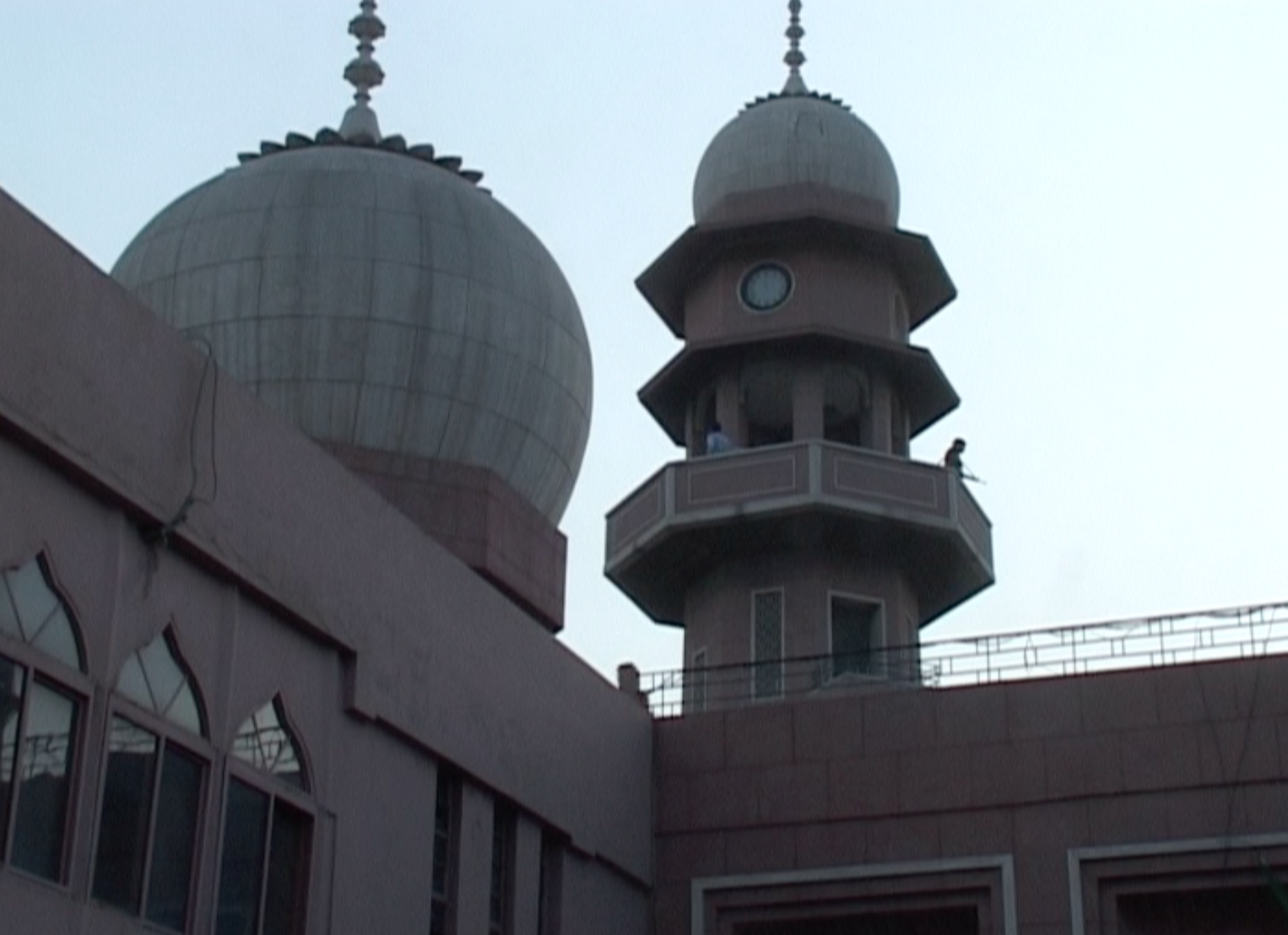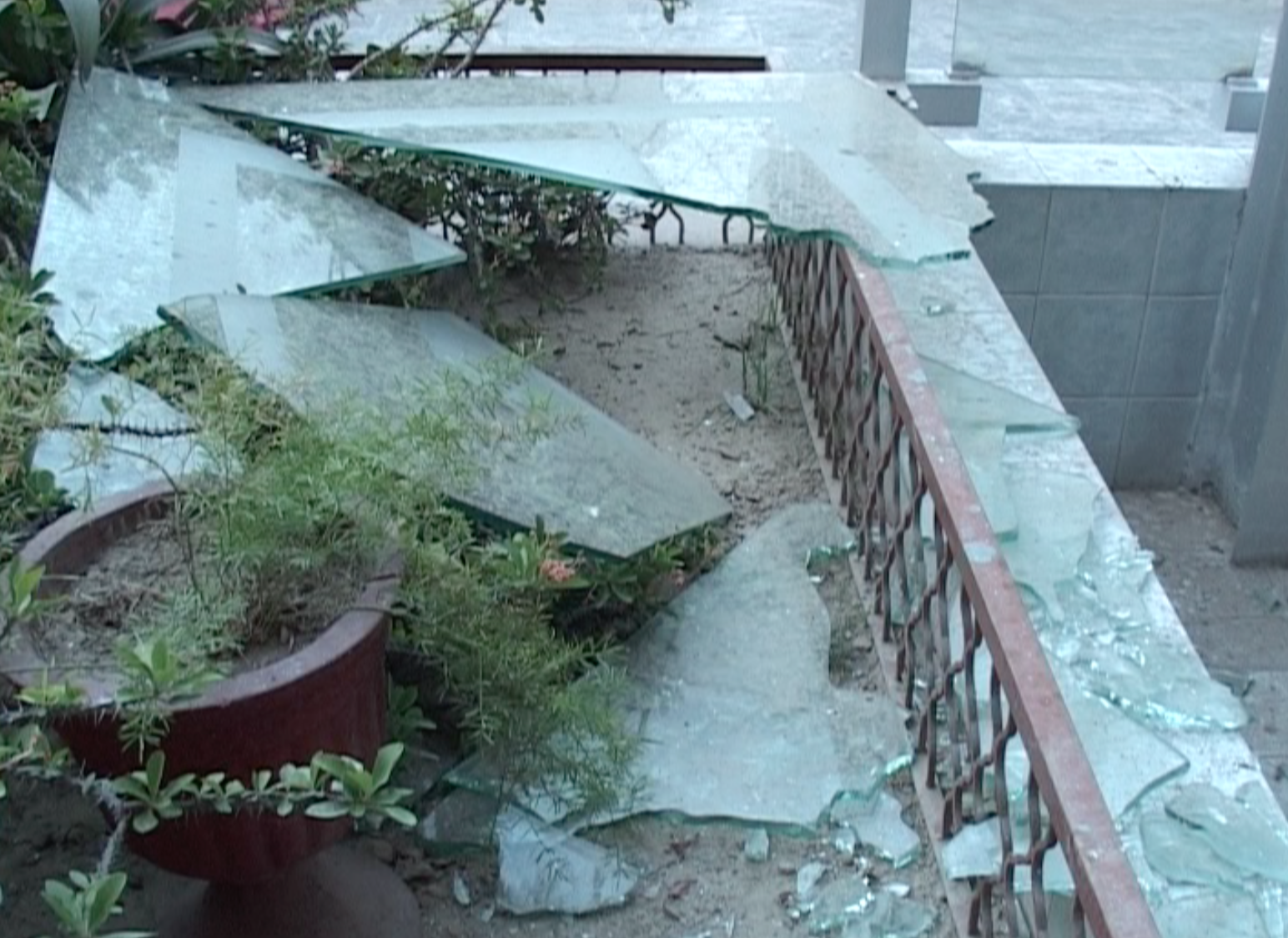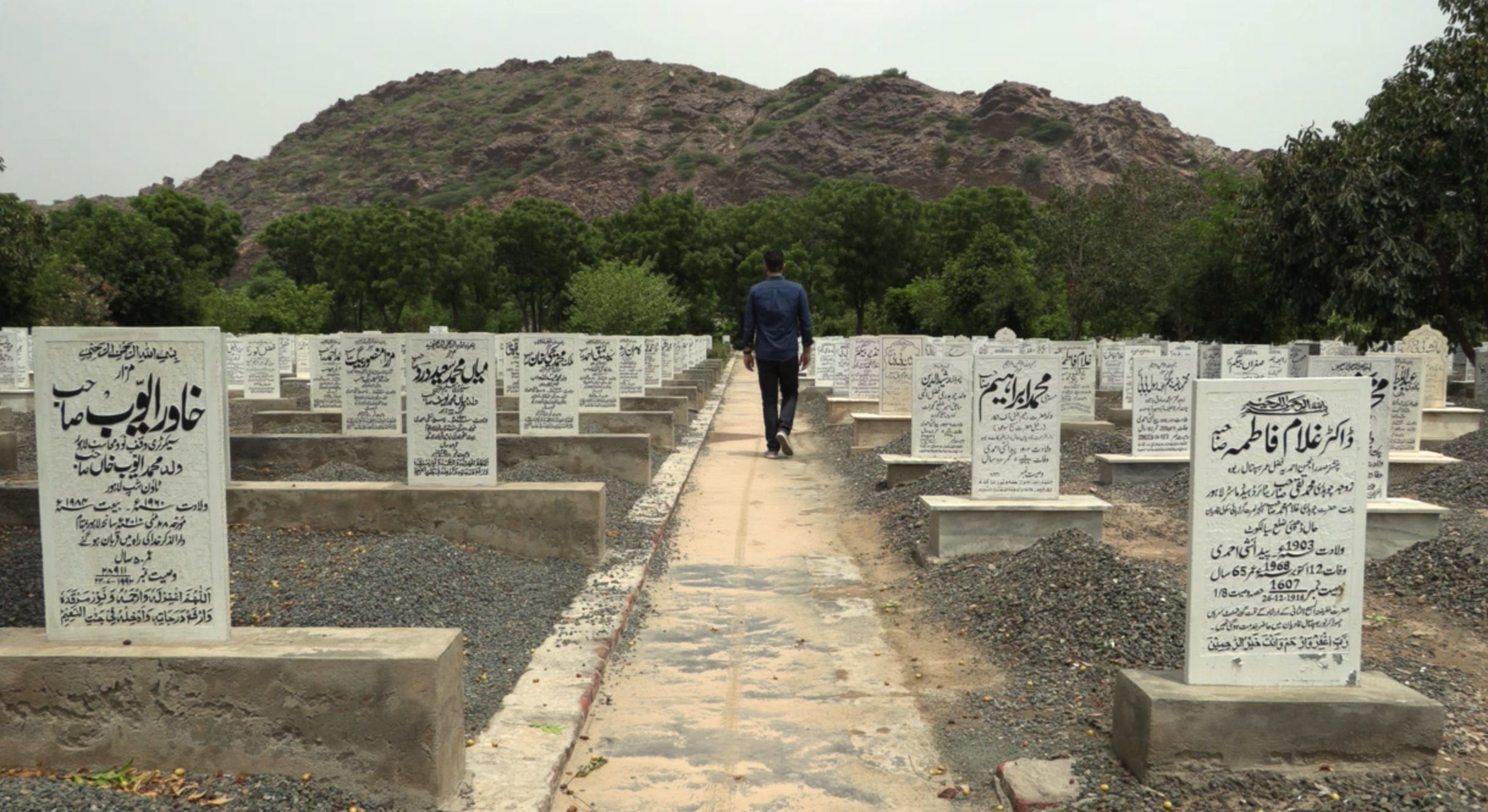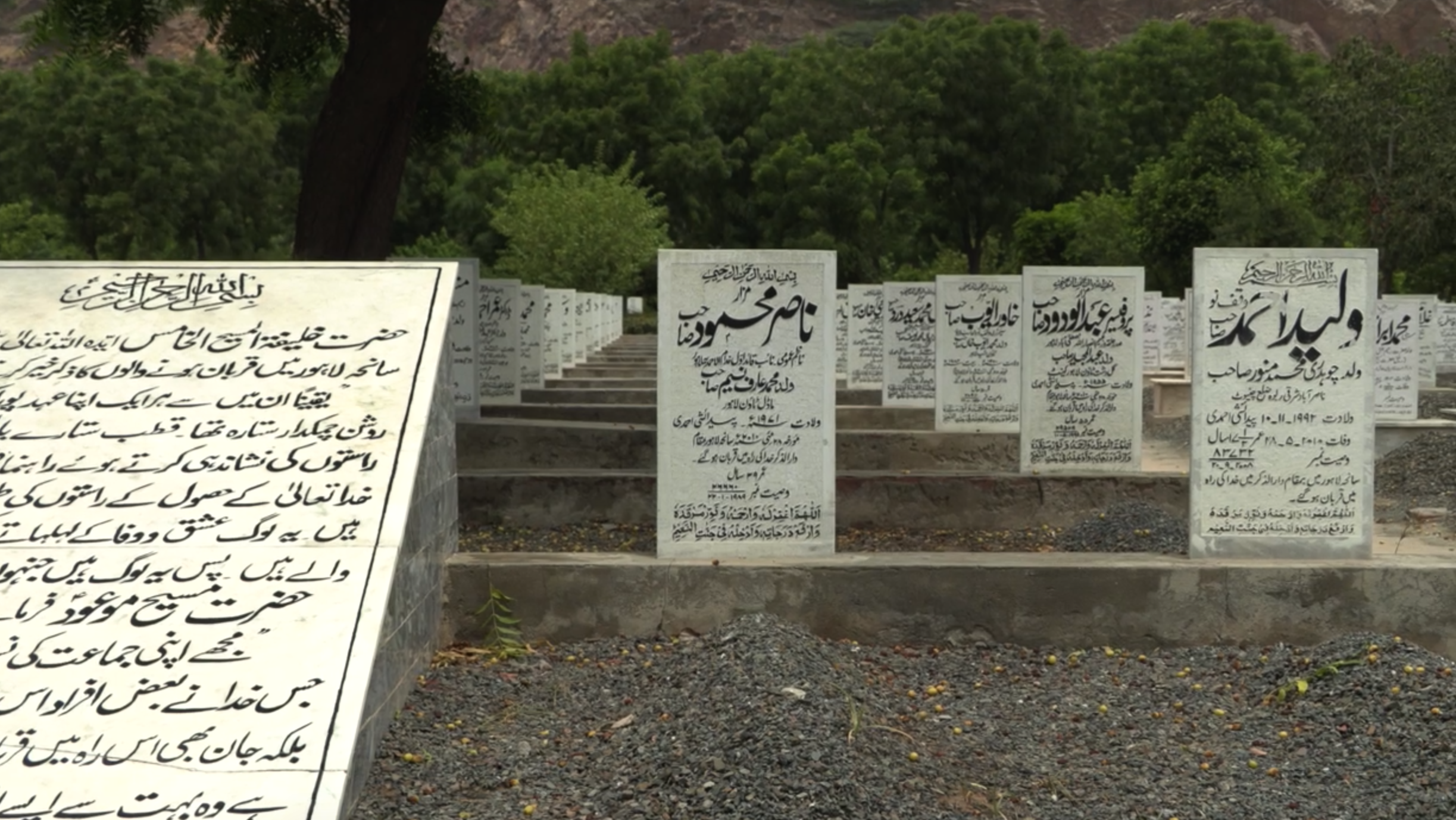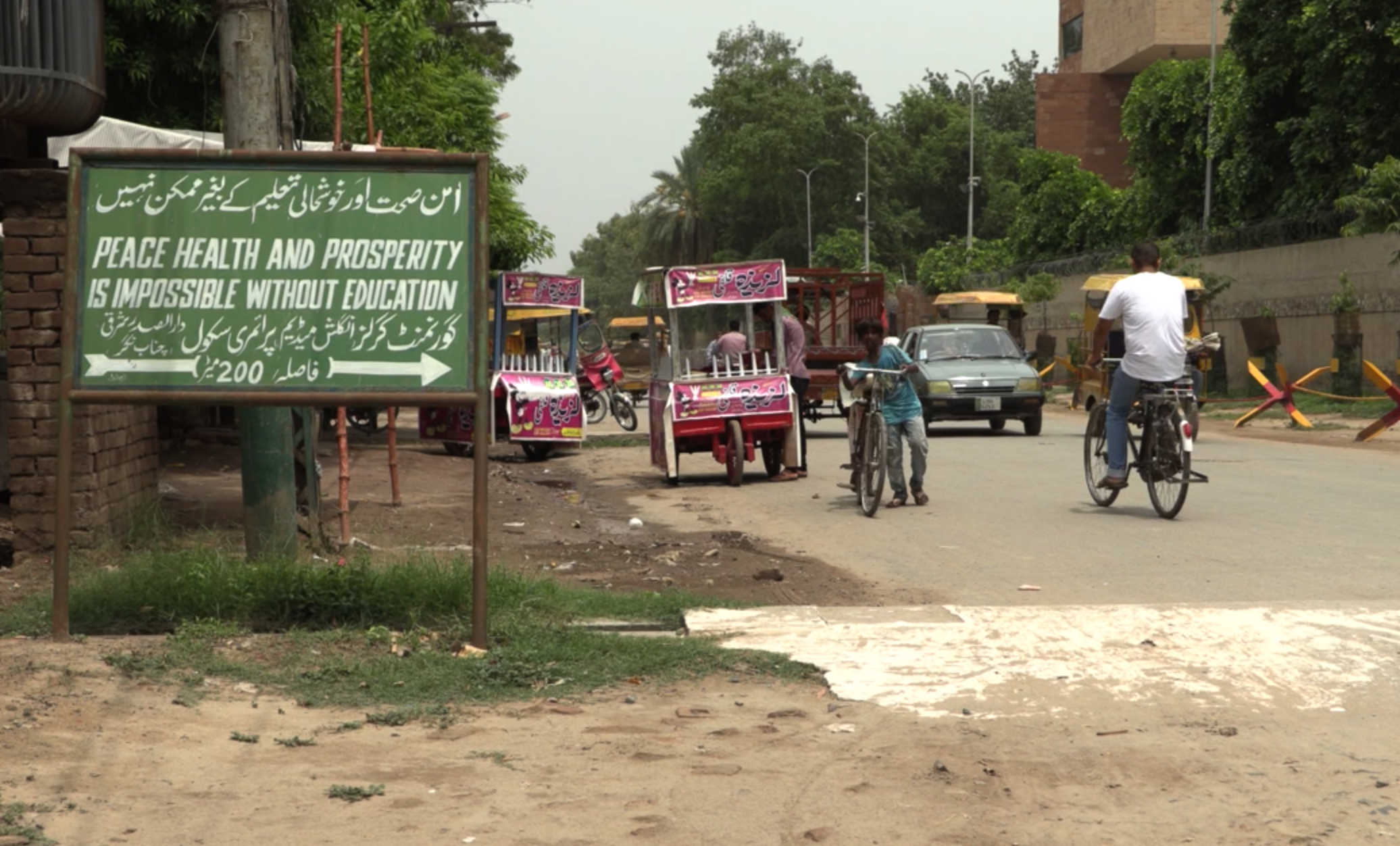October 12, 2018 | Pulitzer Center
Pakistani laws provide a clear framework for the status of Ahmadi Muslims in Pakistan. Those who openly practice their faith are persecuted both socially and legally. Within the heart of Pakistan, Rabwah is the only Ahmadi-majority city that provides the persecuted sect strength in numbers against the discrimination they face throughout the rest of the country. Amna Al-Baker, Ayilah Chaudhary, and Isabella Palma-Lopez traveled Rabwah to speak to its residents and document their lives—past and present.
